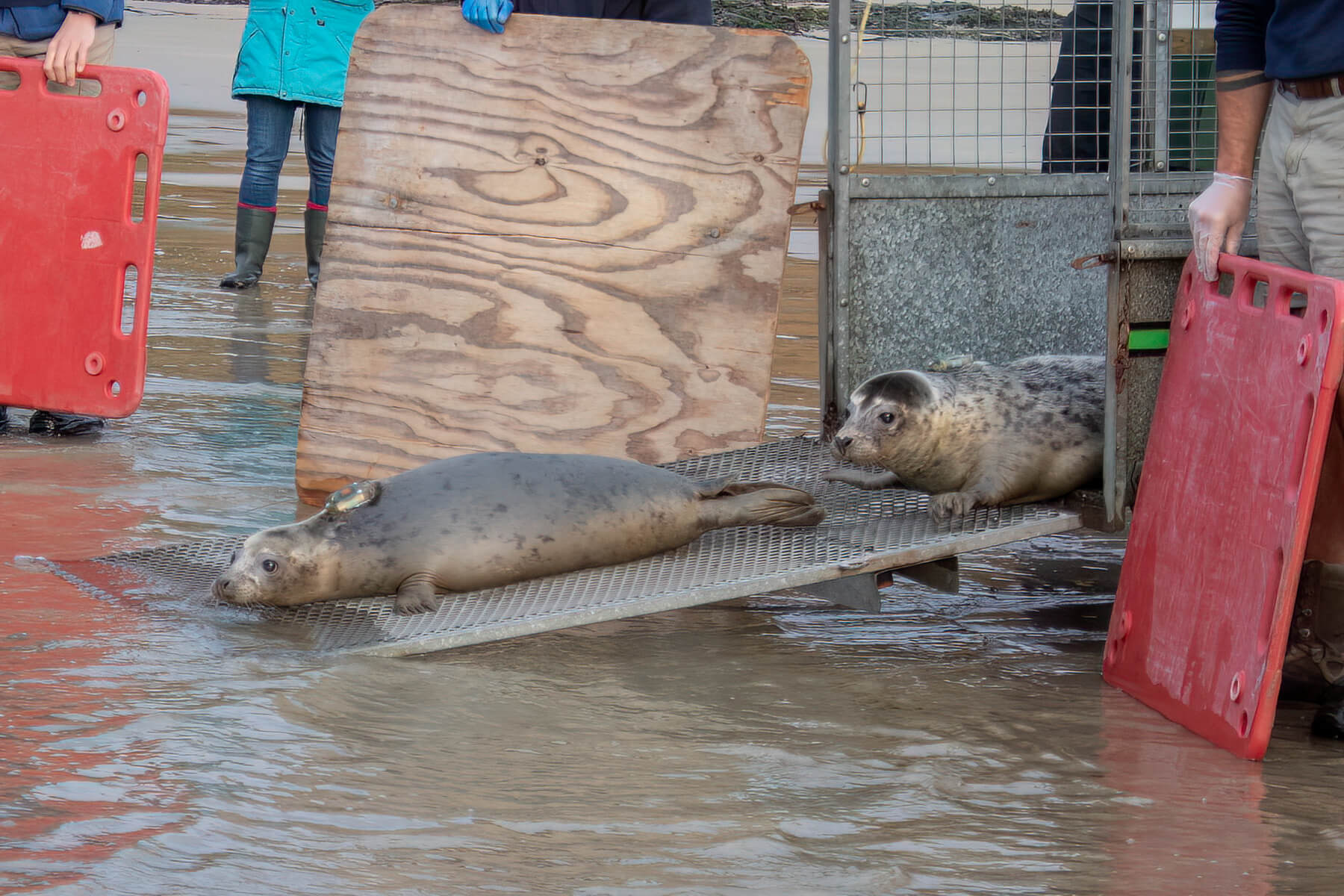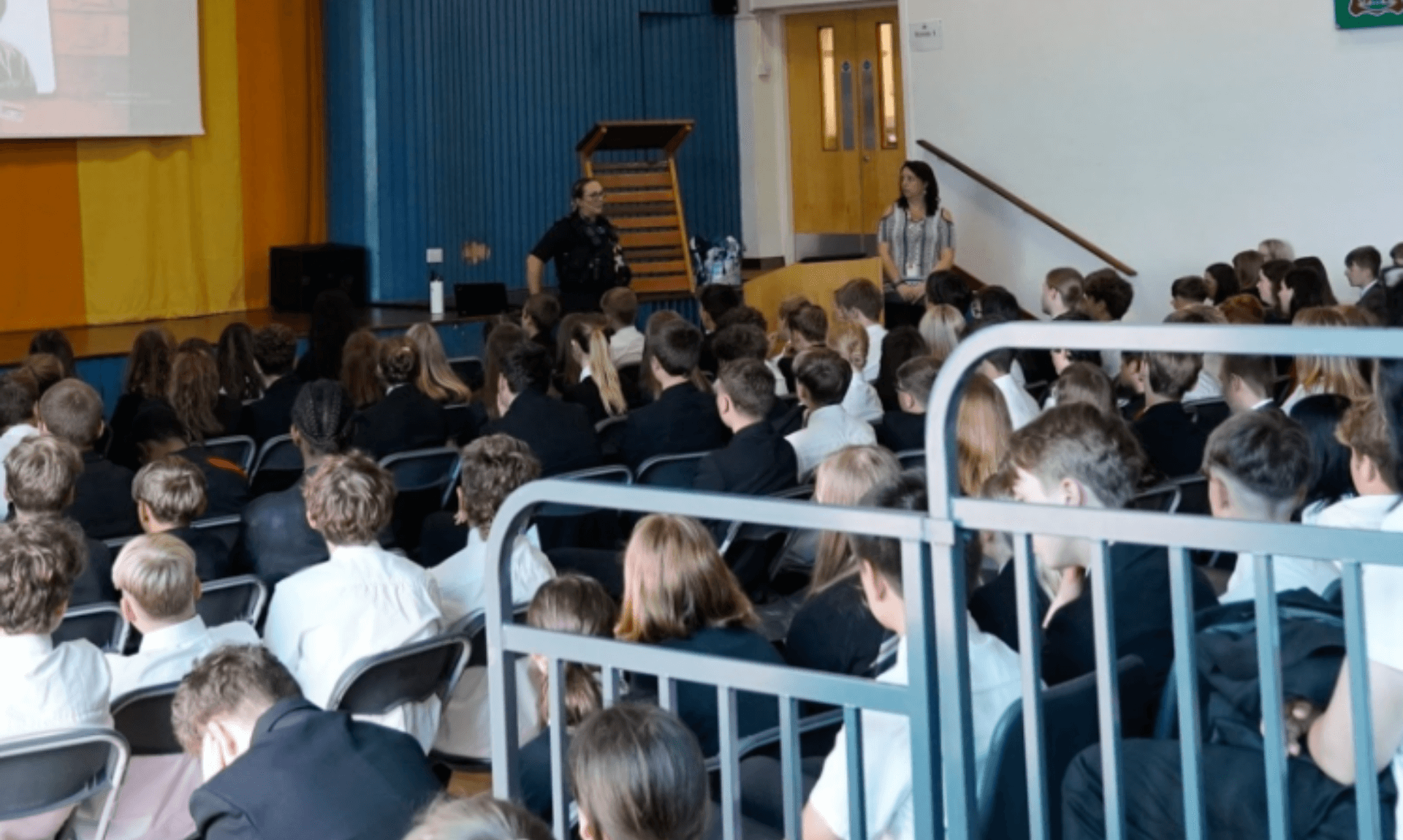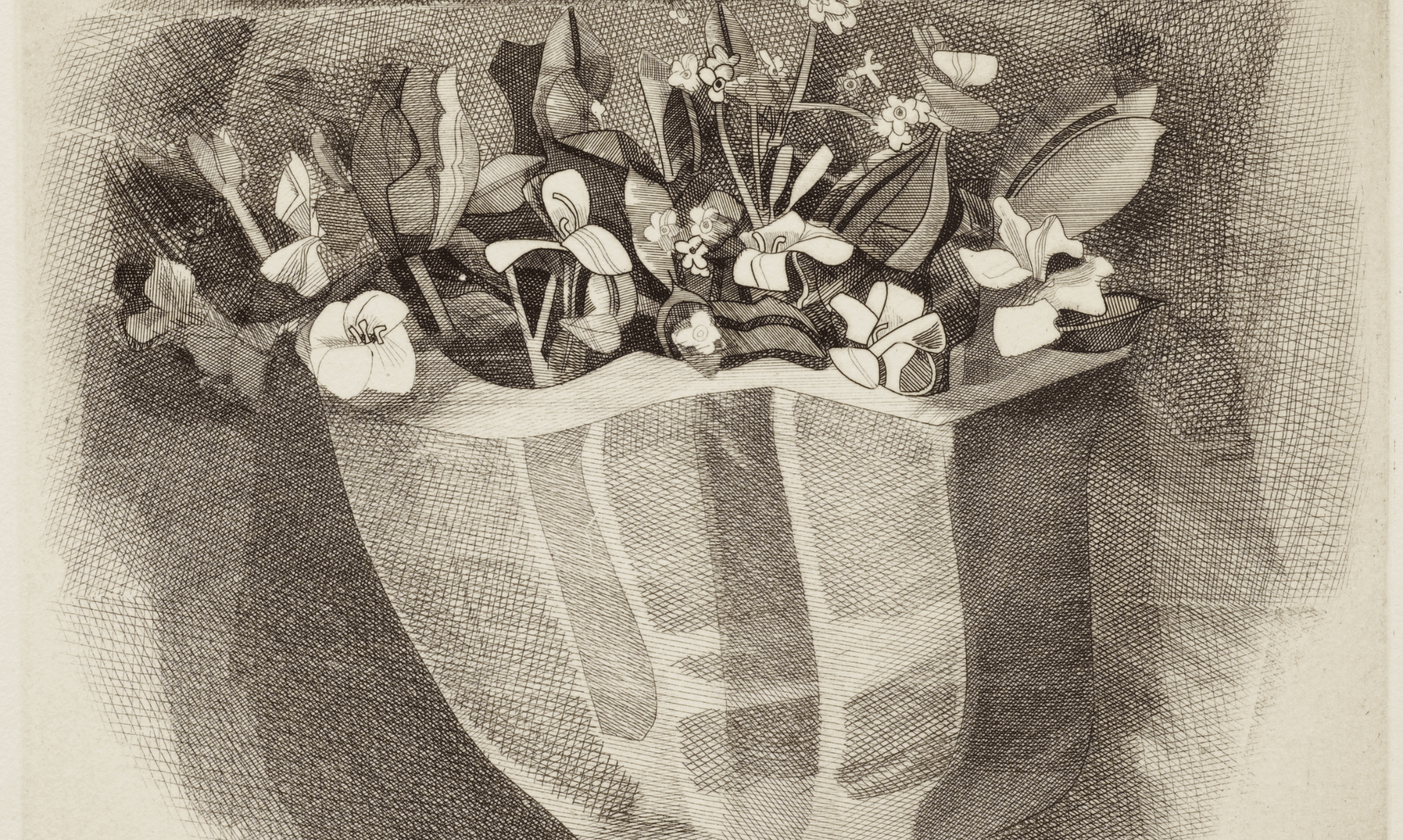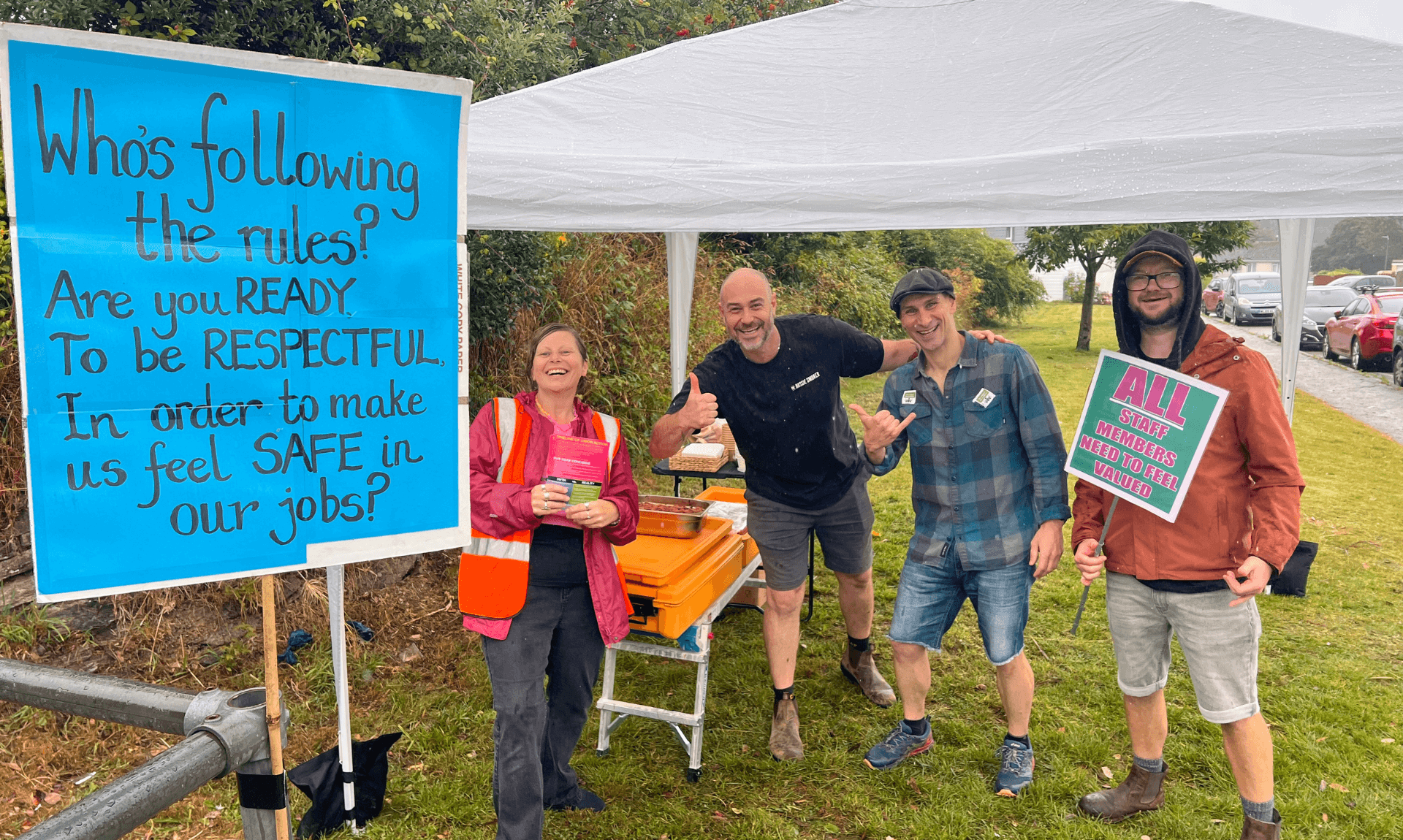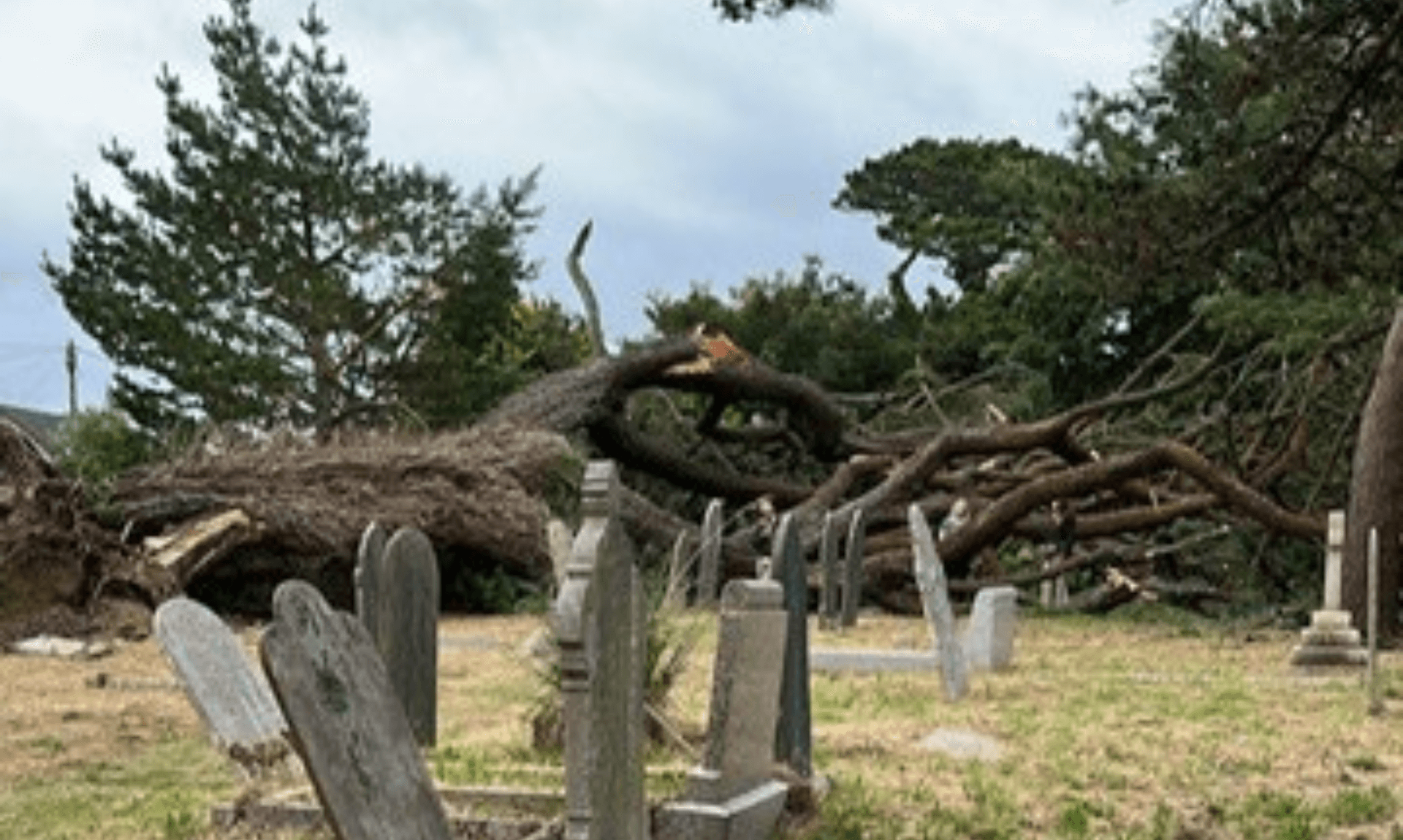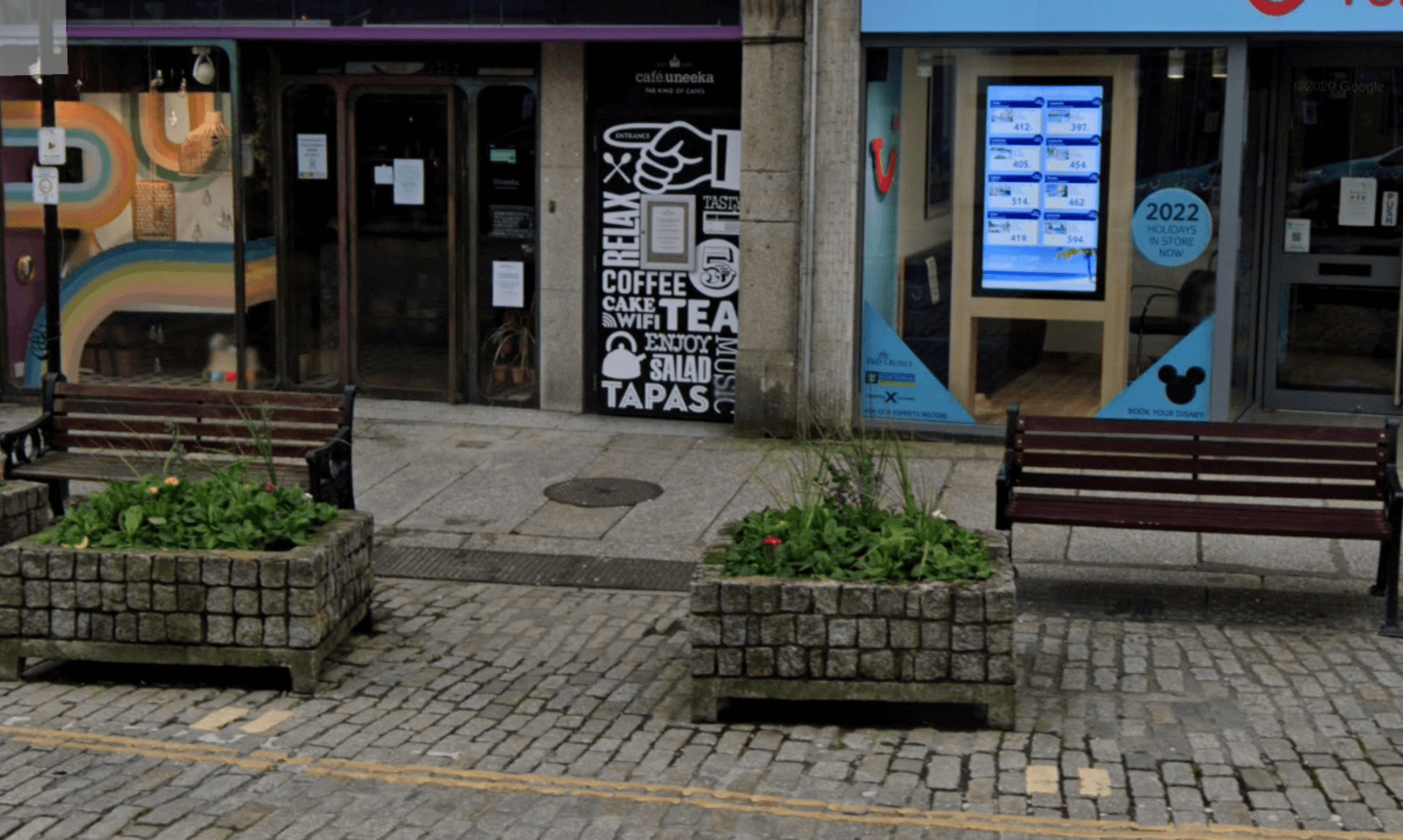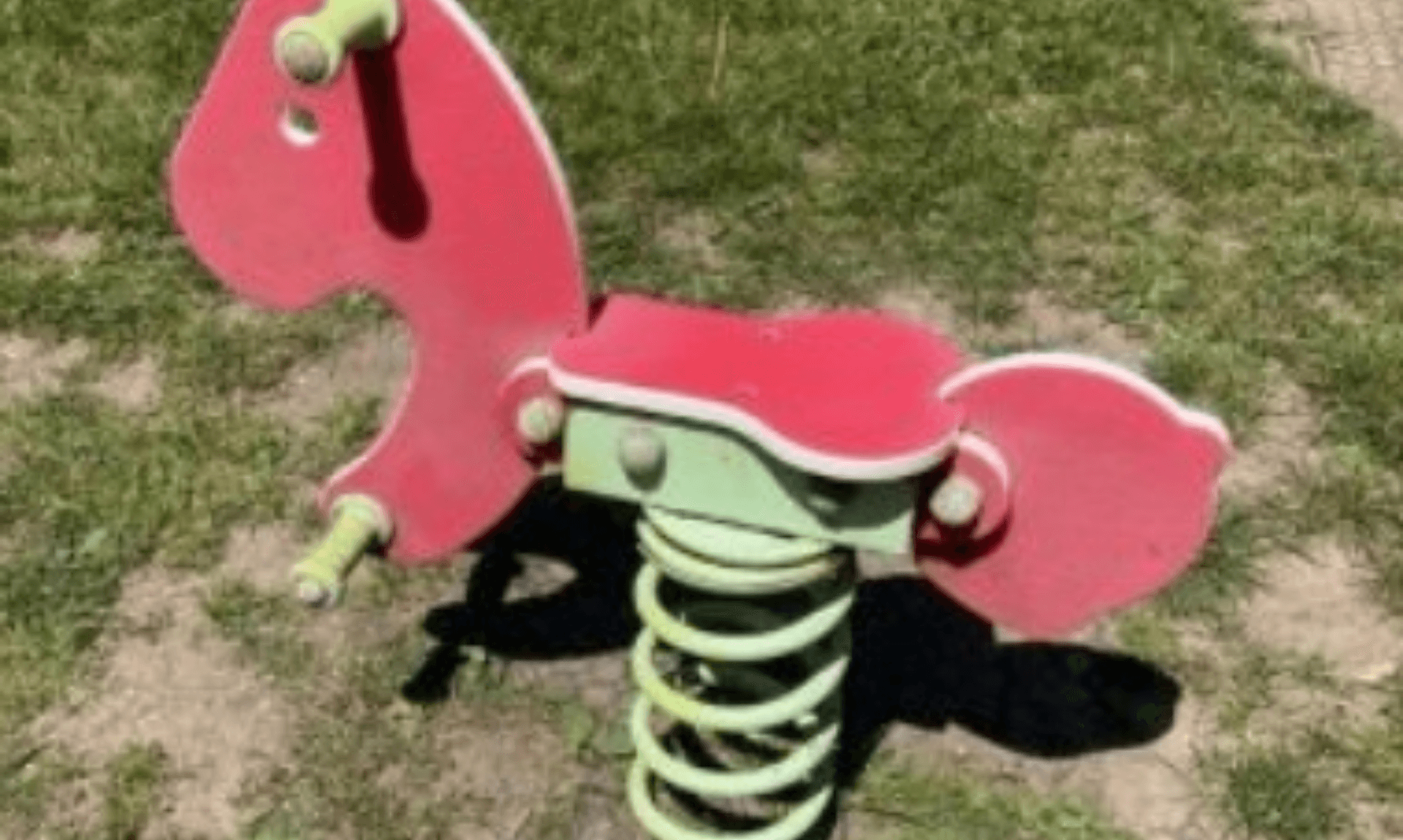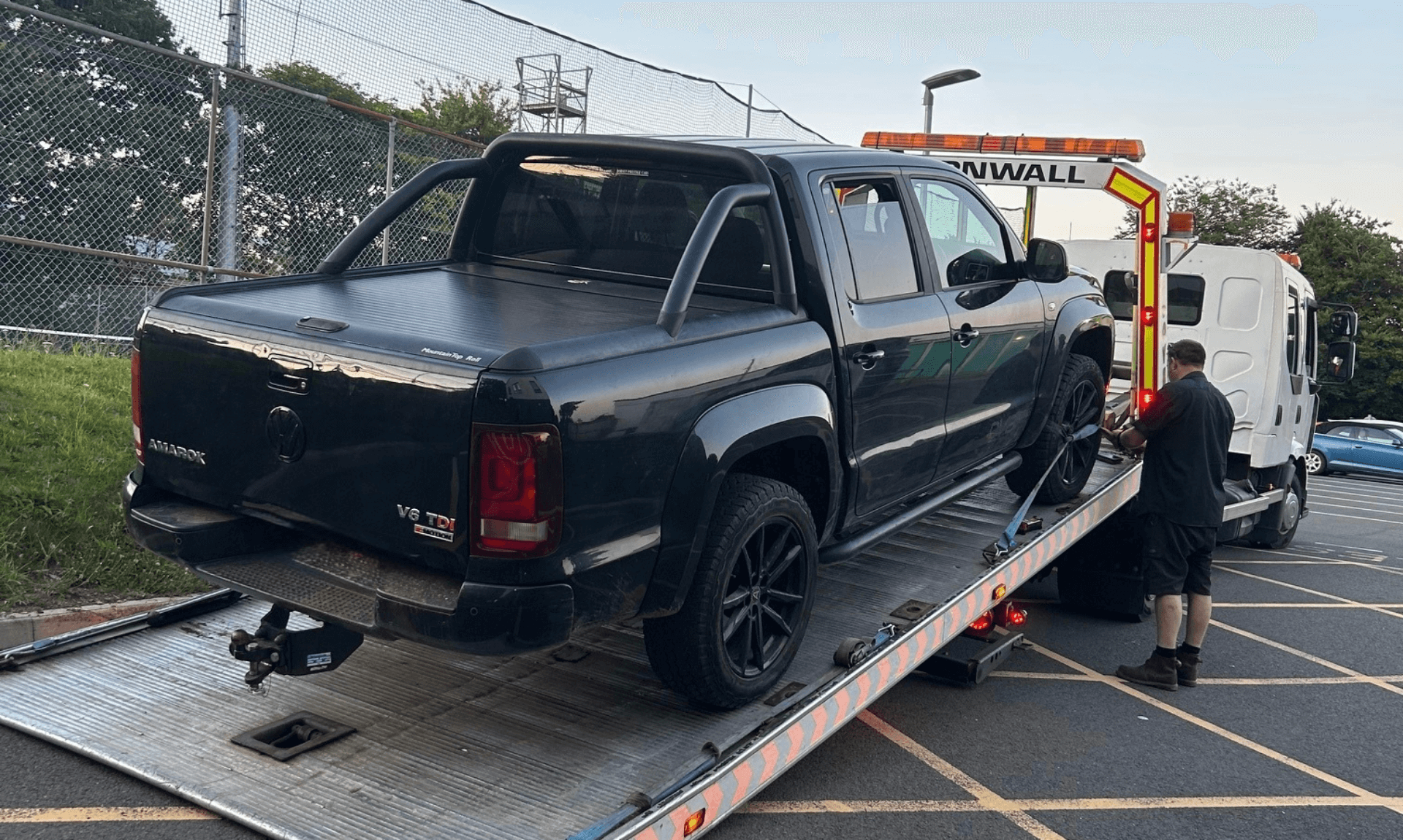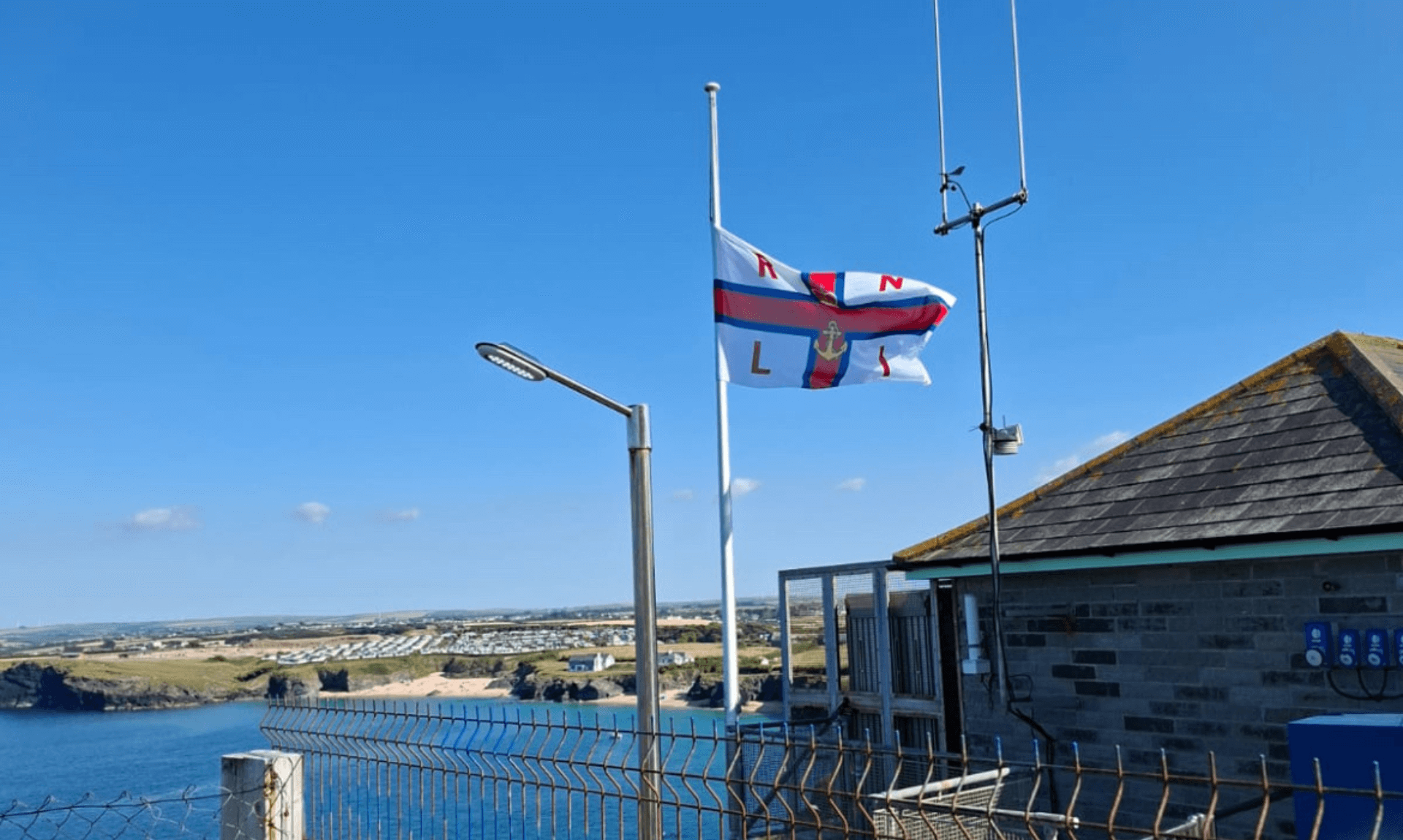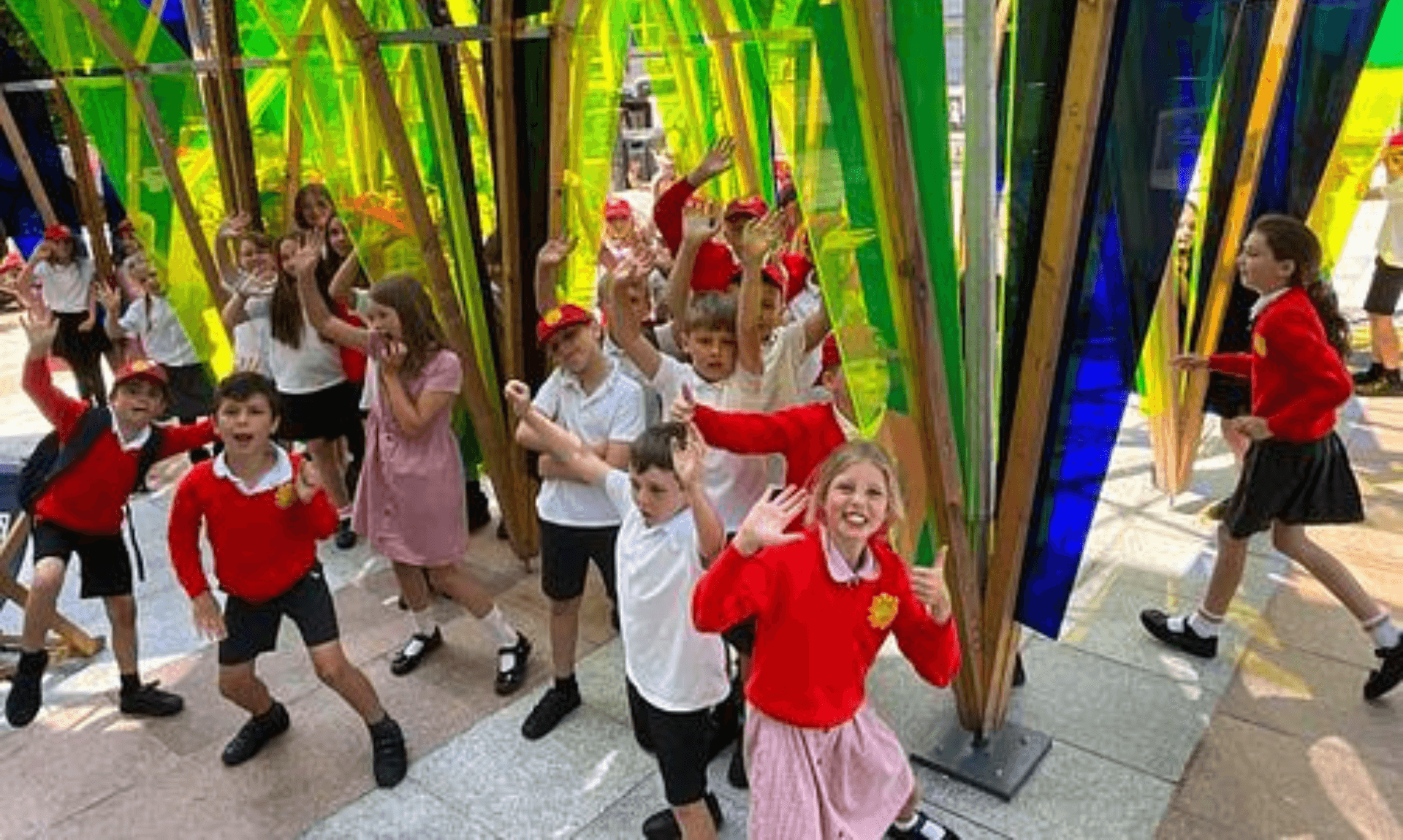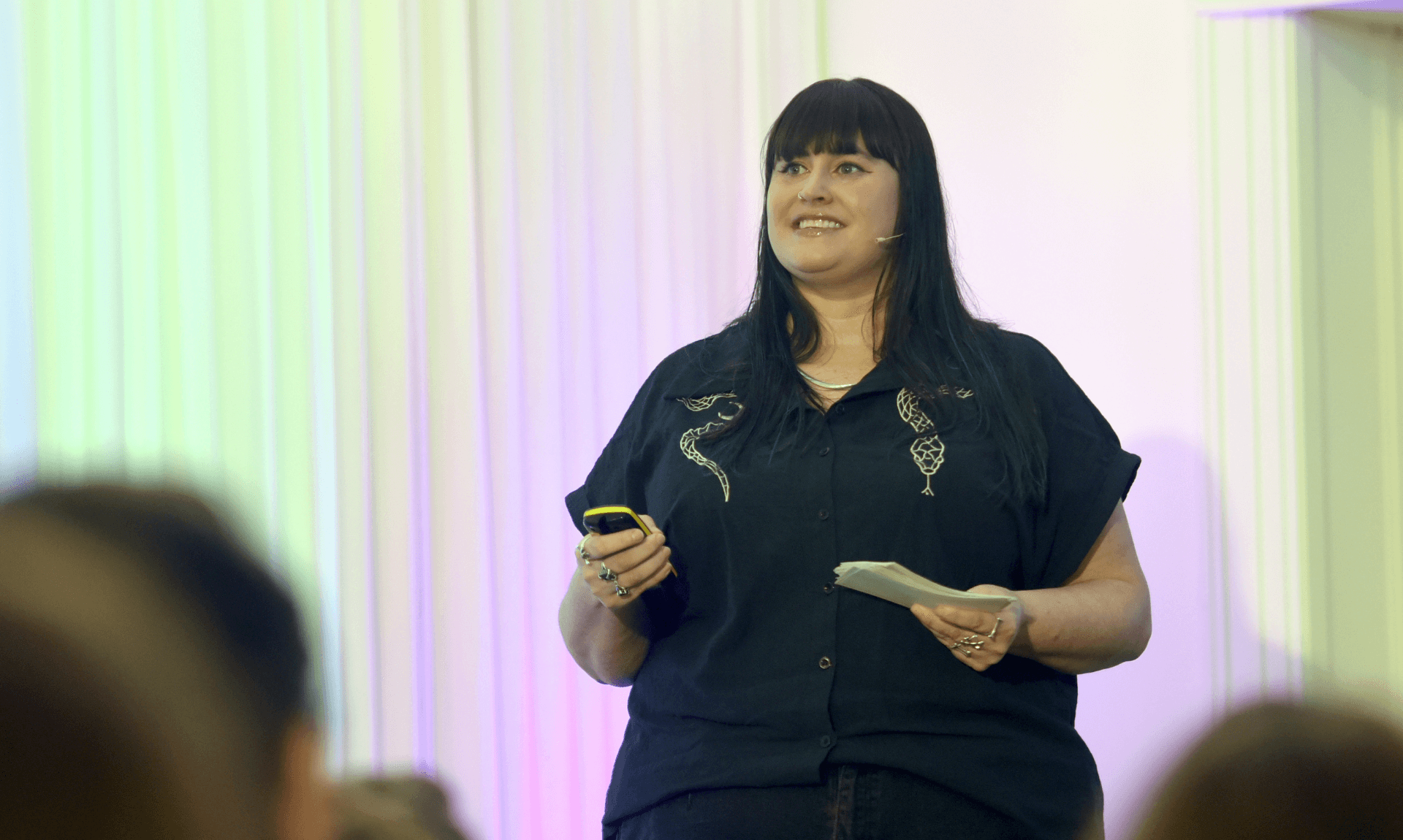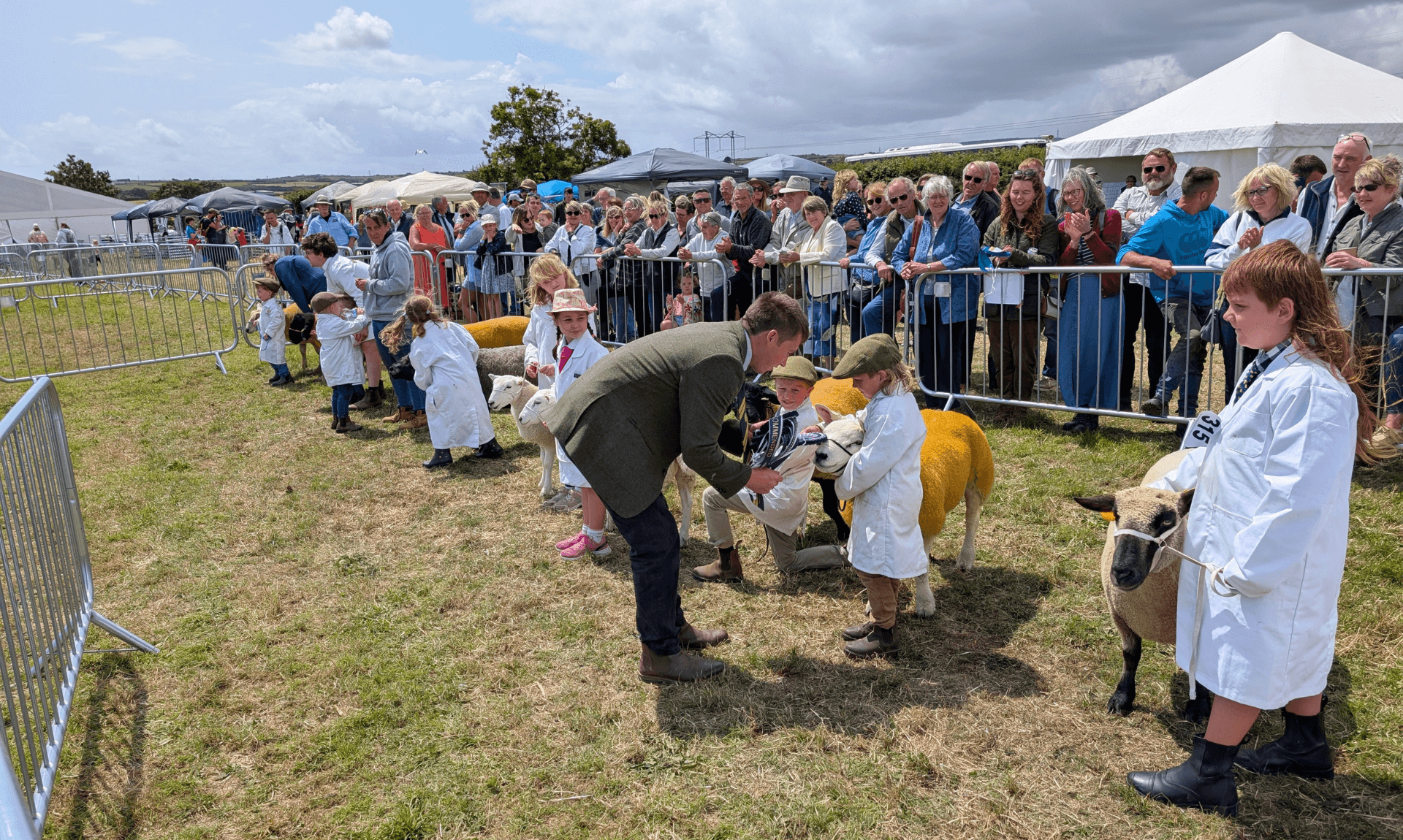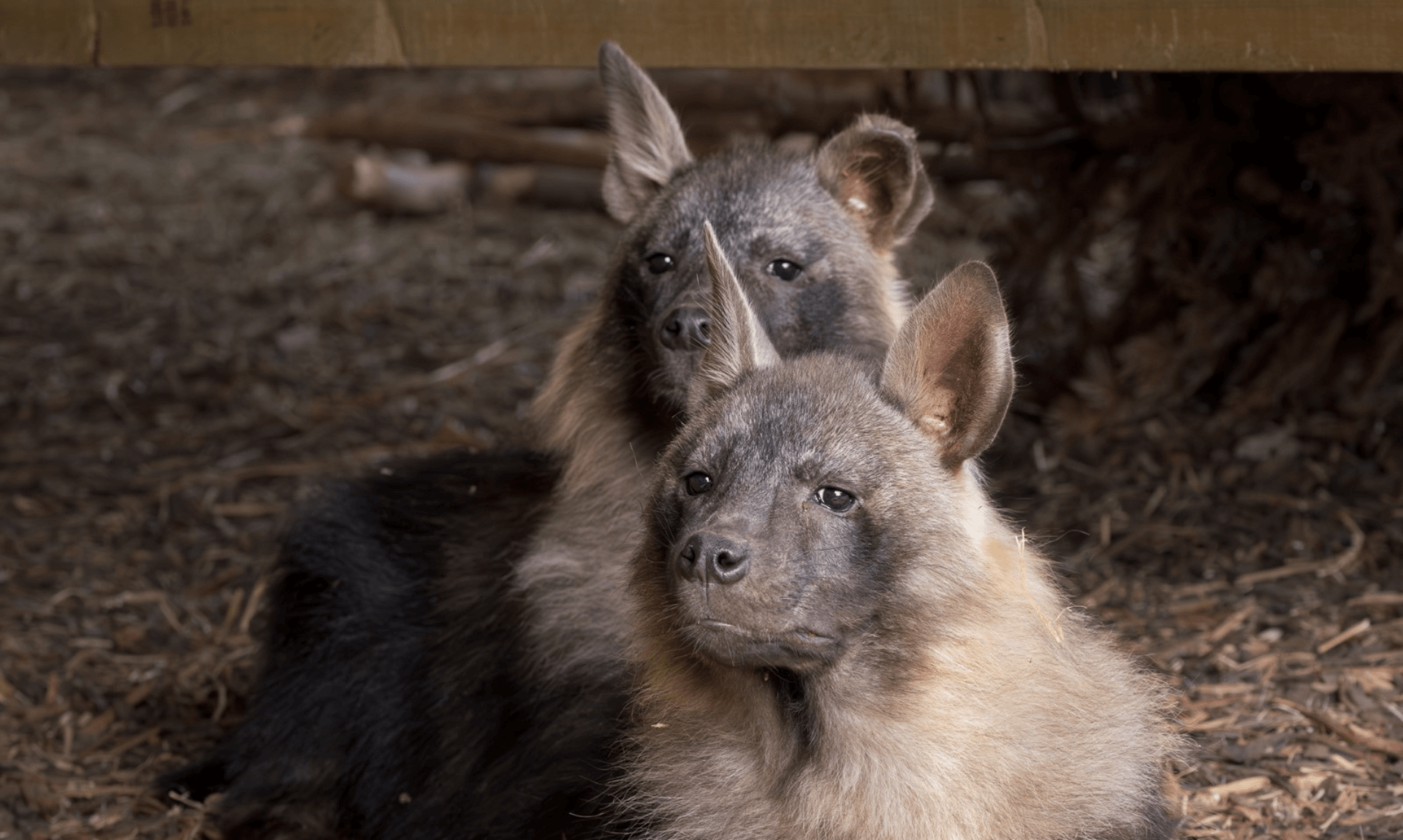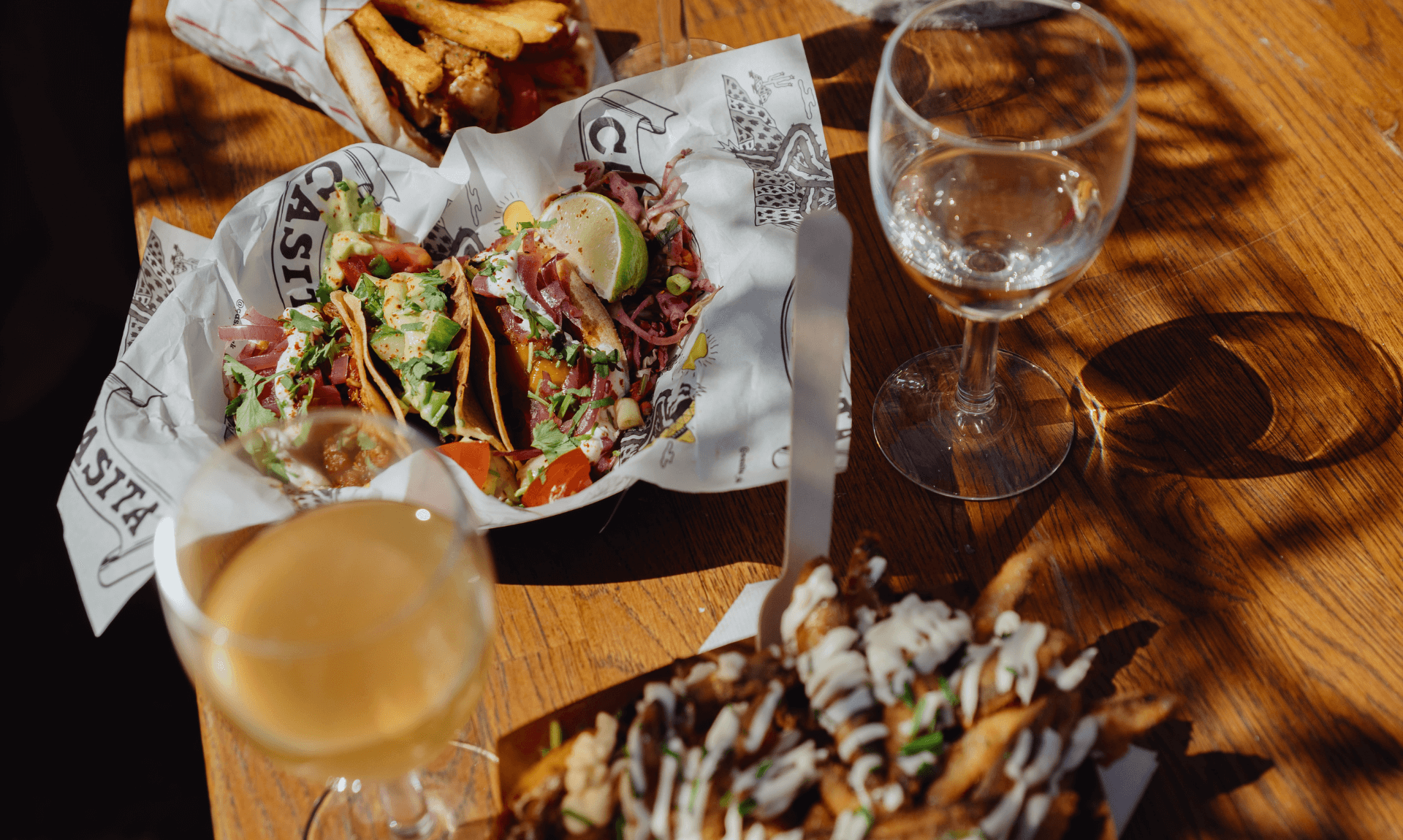Mission Seal Pup: Pioneering GPS Tracking Follows Cornwall’s Rescued Seal Pups Home
The Cornish Seal Sanctuary has released its first rehabilitated seal pups of the season, Mary and Maggot, back into the wild with a groundbreaking new study underway.
First-of-its-Kind GPS Tracking for Seal Pups
After months of dedicated care at the Cornish Seal Sanctuary, Mary and Maggot have returned to the sea, fitted with GPS tracking devices as part of a new study led by Dr Luis Huckstadt, a senior lecturer at the University of Exeter. This pilot project, the first of its kind in Southwest England, aims to track the at-sea behaviour of grey seal pups, offering insights into their movement patterns, habitat use, and diving behaviours.
Dr Luis explained the significance of the study: “This project will provide the first data on at-sea habitat utilisation and diving behaviour of naive grey seal pups in a unique oceanographic region of SWE, where the population dynamics and ecology of grey seals have, until now, been understudied. Working in partnership with the Cornish Seal Sanctuary, this project offers an unprecedented opportunity to carry out public education and outreach activities, including teaching the general public about grey seals’ biology, their natural history, the local seas and highlighting the threats that seals face in their natural environment, particularly from human caused activities.”
The study will track 15 rehabilitated pups, aiming to reveal the changes in diving capacity, foraging patterns, and the potential dangers they encounter, particularly in regions with high human activity.
Insightful Technology and Minimal Impact on Pups
Anne van Domburg, Senior Animal Care Specialist at the Sanctuary, expressed her excitement about the project’s potential: “After spending months caring for the pups throughout their rehabilitation here at the Sanctuary, quite often, we are left in the dark as to what happens to the pups once they are released back into the wild.”
Currently, the Sanctuary relies on sightings of flipper ID tags, but these are limited to spotted individuals. Anne shared, “This GPS tracking will provide us with an amazing insight into the lives of our pups as they adjust to life in the wild.”
The GPS tags, designed to minimise impact, are glued to the seal pups’ fur and will fall off naturally during the annual moult, usually between December and April. Anne notes, “The tags are hydrodynamically streamlined and aren’t heavy, the antenna is also super flexible, resulting in minimal impact on the seal.”
Research to Guide Seal Population Protection
The project will also allow the Sanctuary to better understand key habitats and potential conflicts in the Cornish coastline. Through a combination of GPS data and veterinary sampling of blood and fur, researchers will gain insights into the pups’ diets and the foraging habits of their mothers. This approach may shed light on the larger patterns affecting the adult grey seal population in Cornwall.
Public Disturbance Leads to Avoidable Rescues
Public interference has sadly been a major factor in the need for seal pup rescues this season. Bethan Goodridge, Animal Care Specialist at the Sanctuary, shared details of the recent cases: Maggot was found on a busy beach in Porthtowan at only 48 hours old and was separated from her mother due to public disturbance. Similarly, Mary was found malnourished on Mother Ivy’s Bay after being disturbed and separated from her mother.
Bethan emphasised, “We are saddened to learn that both pups needed our help due to disturbance, which is a completely avoidable situation.”
How to Help Cornwall’s Seal Pups
The Sanctuary advises the public to follow DEFRA guidelines, which include maintaining a safe distance from seal pups, keeping dogs on leads, and avoiding direct contact with marine wildlife. For assistance or advice, the Cornish Seal Sanctuary can be contacted on 01326 221361, and the British Divers Marine Life Rescue (BDMLR) is available at 01825 765546.
For more information on seal safety, visit the Cornish Seal Sanctuary’s website and support their ongoing efforts to protect Cornwall’s seal population.
Share This Story, Choose Your Platform!
To keep up with the latest cornish news follow us below
Follow CornishStuff on Facebook - Like our Facebook page to get the latest news in your feed and join in the discussions in the comments. Click here to give us a like!
Follow us on Twitter - For the latest breaking news in Cornwall and the latest stories, click here to follow CornishStuff on X.
Follow us on Instagram - We also put the latest news in our Instagram Stories. Click here to follow CornishStuff on Instagram.
You Might Also Be Interested In
Latest News In Cornwall
Daily Cornish news by email
The latest daily news in Cornwall, sent direct to your inbox.

